To the uninitiated eye, our obsession with dieting and weight loss seems to have blown over. No longer do we partake in "old school" diets like counting calories or cutting out fat (so 80's!) - although such trends still flicker in our peripheral vision.
Look a tiny bit closer and you'll see that diet culture is anything but dead.
Nowadays, "wellness" is the new buzz word. We hear lithe actresses, bikini models, celebrity chefs and even some nutritionists espousing lines like, "Don't diet. Just eat clean!"
As if they were different things.
Clean eating, in the way the Gwyneth Paltrows of the world are promoting it, is the newest form of dietary restriction. Juice cleansing is the new starvation diet. Detox cuisine is the newest in privileged, "healthy" girl food.
And like every other type of dieting before it, clean eating is the penultimate in ladylike behaviour.
Far from moving out of the dark ages and truly renouncing diet culture, we have merely fallen into the next age of dieting, one that manifests as counting macros and cutting out carbs. In my opinion, this modern chapter of "wellness" dieting creates just as much, if not more, disordered eating and eating disorders as the old school stuff - at least that form of dieting didn't pretend to not be dieting!
Healthy eating, clean eating & orthorexia
There's a difference between healthy eating - where you might choose to eat mostly fresh produce and whole foods, or even organic, gluten free and/or dairy free 80 per cent of the time before occasionally enjoying the odd cake - and orthorexia, where you're constantly preoccupied with food: what you're planning to eat, what's available to eat that's "clean" enough, and what you have already eaten.
With orthorexia there is an anxiety and real feeling of panic if you eat the "wrong" thing.
How do you know when your clean eating has turned into orthorexia? You freak the fuck out if you can't find a clean option when going out for a meal with friends. Or you just avoid going out and eat "safe" meals at home. And maybe you agonise over what you're going to make for dinner - at 9am.
This feeling of anxiety over breaking the rules applies to any diet, which Isabel Foxen Duke describes as "any way of eating that you are emotionally attached to."
Clean eating can also be something that vulnerable people getting over an eating disorder can easily slide into, as it gives them back a sense of control. I know of many recovering anorexics who, worryingly, run healthy eating blogs.
This blog is not about what clean eating is - although I'll give you a brief run down in a sec. I'm more interested in why "clean" is such a catch phrase for modern women. Like weight loss dieting in general, clean eating - and its attendant juice fasting and detox cuisine, is primarily the domain of weight- and health- conscious women.
An Interesting choice of words
It's my observation that health-conscious men tend towards other dietary trends, such as paleo and ketogenic protocols that promise a lean, ripped look - although of course some women gravitate towards these too. So why is clean eating so popular with women?
At its conception, clean eating simply meant eating plenty of whole, real foods: fruit and vegetables, whole grains, animal- and plant-based protein, nuts, seeds, and oils. It also meant eating as close to nature as possible, with minimal processing, packaging, and factory farming. Cooking at home and finding good quality ingredients were encouraged. Clean eating in this sense implied understanding and appreciating where our food comes from. So far, so good.
But somewhere between organising bulk food co-ops, and Skinny Bitch and other bestselling clean diet books, the phrase "clean eating" took on a new, twisted meaning. The implication is that if you're not "eating clean," then what you're eating is dirty or unhygienic - and YOU, by extension, are dirty.
As women this hits a MIGHTY sore spot.
You see, we wouldn't embrace eating clean in its current elitist, food- and body- shaming form if we didn't think we were intrinsically DIRTY. On a deep, perhaps subconscious level many women already have an issue with the "mess and disorderliness" of being female, so what better scab for diet culture to pick at?
*From here on in, when I refer to clean eating it is this latter, unnecessarily restrictive dieting version I'm referring to, not the original form of appreciating food quality and origin.
**EDIT: Please also note that clean eating in the sense of avoiding gluten, dairy etc due to TRUE or suspected food intolerances or allergy is something I encourage and guide some clients through. Only when clean eating becomes a doorway into disordered eating do I become concerned.
Out Out, Damn spot!
I remember as a young girl, getting my first period was somewhere between exciting and terrifying - at the very least, it was something kind of bad. There was certainly no celebration or initiation. My mother warned me never to leave pad wrappers and the like lying around, lest my father or brother saw them (and - shock, horror - figured out that I was indeed a female growing into adulthood! Who knew!?!)
Once, when I accidentally left a used, wrapped pad on the bathroom sink where males could have seen it, I was given an earful about how disgusting and shameful it was. I was 14.
Tying in with menstruation are the other significant stages of a woman's life span - pregnancy, birth, breastfeeding, menopause. In many parts of western culture all over the world, these natural life stages are over-medicalised, untrusted, and in many cases feared, thought of as risky, disgusting, or loathed by women and men alike.
These stages - like the women who experience them - are often perceived as messy, unpredictable, emotional, inconvenient, dirty, shameful, incomprehensible, painful. Better we mask menstruation with tampons, vaginal deodorants and pain killers, and not take time to rest, and pretend it's not happening at all.
Better we bypass the discomfort and intensity of childbirth with scheduled caesarean sections and/or default to highly assisted birth including epidurals to block all sensation below the belt. (Note: I'm not making a blanket statement against these procedures, not at all - they are sometimes life saving procedures and I'm deeply grateful for modern medicine. And... I feel that sometimes women are encouraged or even pressured by medical professionals to choose more interventions than they require, not because it guarantees better outcomes for mother and baby, but because of the financial and logistical benefits for the OB/GYN surgeon/hospital. Ok glad we got that straight.)
Better we use hormone replacement therapy and cosmetic surgery to mask the inevitable physical shifts and emotional upheaval menopause brings... and again, pretend it's not happening at all.
Better we cover up when we breastfeed in public, in case we offend somebody. (Whilst breastfeeding in public has become more acceptable in Australia, in others first world countries such as the USA, it seems less progress has been made.)
It's no wonder that women could be lead to believe they are intrinsically dirty, messy, offensive, or disorderly. It's easy to see how many women might subconsciously embrace clean eating as the newest proof that we aren't disgusting, lazy, disorganised messes. The perfect antidote to our body shame. The perfect remedy to our out-of control-bodies with their "haphazard" cycles.
At its height, rigid clean eating (or any form of restrictive dieting) and the exercise addiction that often accompanies it have the power to wipe out our femaleness - our menstrual cycles - altogether. I did this to myself in my early 20's when I experienced self-induced hypothalamic amenorrhoea from over-exercising and clean (read: under-) eating. I didn't have a period for 8 months and for most of that time I was relieved at not having to deal with the inconvenience and mess of it.
Luckily with more food, less crazy exercise, and a crash education in the long term dangers of not menstruating, my period came back and I didn't jeopardise my long term fertility. Other women are less fortunate.
We are cyclical, dynamic beings
Awareness of these cycles is something that can benefit women enormously. For me, learning about the naturalness and normality of female cycles, and their wondrous synchronicity with other cycles in nature such as lunar and seasonal cycles, has empowered me and increased my levels of body trust, body confidence and self-acceptance.
Unfortunately, this natural female dynamism doesn't fit in well with our 8 to 5, Monday to Friday, linear, logical, regimented world, where our productivity is expected to be constant.
Throughout the menstrual cycle, a woman's needs for nutrition - for energy, macronutrients, certain minerals and vitamins - changes constantly with the waxing and waning reproductive capacity of her body. Therefore, women need to be intuitive in their eating. We need to be able to listen to and trust ourselves. This is where the practice of intuitive, attuned, or mindful eating can be so healthy, and so therapeutic.
"Clean eating" and the myriad other rule-based diets are the exact opposite of what we need as dynamic, cyclical beings.
Prescriptive dietary protocols posing as "healthy lifestyles", but with little to no flexibility to allow for natural fluctuations in appetite and nutritional needs can take on many guises, including:
- General "clean eating": no sugar, refined food, gluten, dairy etc, no matter what... otherwise, it (you) ain't clean!
- Unwarranted, unnecessarily restrictive protocols off the internet or from unqualified people for clearing skin problems, self-diagnosed SIBO, etc
- Old and new school "healthy" diets - take your pick from the 1000's e.g. ketogenic, raw, calorie counting, ratio diets (5:2, 8:16, 80:10:10, etc), macro counting, etc.
These diets - disguised as clean eating or otherwise - leave our intuition on a dusty shelf at the back of a dark cupboard. "I don't need you," our brains hiss, "I have this eating plan off the internet!" Never mind that come the week before we menstruate, our metabolic rate rises, energy requirements increase accordingly, and we crave carbohydrates more - doubly so if we're following a low-carb paleo diet.
Never mind that the week we bleed, our iron requirements rise and we may suddenly find ourselves craving meat or some other food prohibited by whatever diet we are on.
Never mind that it might be wintertime and our raw vegan diet is starting to mess with our periods in an unhealthy way.
Don't get me wrong: There's a time and place for low FODMAPs diets and reducing gut inflammation. There are some medical situations where a reduced protein, lower carbohydrate or other prescribed diet may be of benefit - such as lower protein diets in kidney disease - and even in these cases, its not necessarily forever.
What I'm talking about is the unsuitability of restrictive diets to women in general, and of clean eating in particular.
Dieting keeps women small
Clean eating (and other forms of restrictive dieting) doesn't honour the cyclical changes in physicality, feelings and body sensations that women have. Similarly, in Western materialist culture our commonly held notions about the female body and its natural processes have been tarnished by centuries of misogyny and long standing patriarchy. The taboo about discussing and accommodating menstruation still exists, although in some ways it appears to be gradually dissolving, along with other prejudices about the body, sexuality, gender, and race.
From personal and professional experience, I've seen that a more helpful approach to eating and self-care is one that (re)connects women to their intuitive selves. To the natural rhythms and cycles of their bodies and of the earth. An approach that celebrates the formidable power of women’s intuitive wisdom - an innate gift that contemporary women often conceal or suppress in order to fit into society's emphasis on the linear, rational, logical mind.
EATING DISORDERS: A SYMPTOM OF THE WOUNDED FEMININE
What lay beneath this issue?
How does this serve?
For many women, dieting gives them a sense of control and power over their bodies and their lives that they don't otherwise feel in the current over-culture. It gives them a lifeboat to cling onto in a sea of unpleasant, unresolved feelings that they don't feel they have the tools to work through. Unfortunately for women who use dieting in this way, 35% of “normal dieters” progress to pathological dieting. Of those, 20-25% progress to partial or full-syndrome eating disorders (3).
Many of the tools women need to overcome eating issues can only be accessed by embracing and mining gold from the richness of our femininity, rather than suppressing and denying it. Such tools are accessed around the time of our bleeding, when ideally we would meditate, have time away from men and children, and come back with valuable wisdom not just for ourselves but for the whole tribe. For this reason, menstruating women were revered in traditional matriarchal cultures.
Such tools and insights we gather through the journeys of pregnancy, labour and natural birth. Characteristics such as trust, fortitude, and patience, which we develop through mothering, and further self-acceptance and wisdom which come with uninhibited menopause.
More broadly, women (and men!) need to ask the deeper questions and understand its not "just them" - it's our entire culture which is geared for body distrust and body dissatisfaction.
and disordered eating is a symptom of the wounded feminine.
It's Time to step up
If diet culture is a weapon of the patriarchy, then intuitive eating and other body-centred practices (including yoga, movement, art and other experiential therapies) are one way to bring our frame of reference back to the internal, rather than externalise it to fad diets and celebrity advice. We need to learn to trust ourselves again.
If eating disorders, disordered relationships with food, and body shame are faces of the wounded feminine, then we know from history and experience that one way to help heal ourselves is by reclaiming feminine power through reconnection with the women’s mysteries, and re-establishing a deep connection with ourselves, and the Earth.
Clean eating - sorry but you have no place in this brave new world.
References
- Wade, T.D, Bulik, C.M., Neale, M., Kendler, K.D. (2000)Anorexia Nervosa and Major Depression: Shared Genetic and Environmental Risk Factors. American Journal of Psychiatry 157(3), 469-471
- Grodstein, F., Levine, R., Spencer, T., Colditz, G. A., &Stampfer, M. J. (1996). Three-year follow-up of participants in a commercial weight loss program: Can you keep it off? Archives of Internal Medicine 156(12), 1302.
- Neumark-Sztainer D., Haines, J., Wall, M., & Eisenberg, M. ( 2007). Why does dieting predict weight gain in adolescents? Findings from project EAT-II: a 5-year longitudinal study. Journal of the American Dietetic Association, 107(3), 448-55.
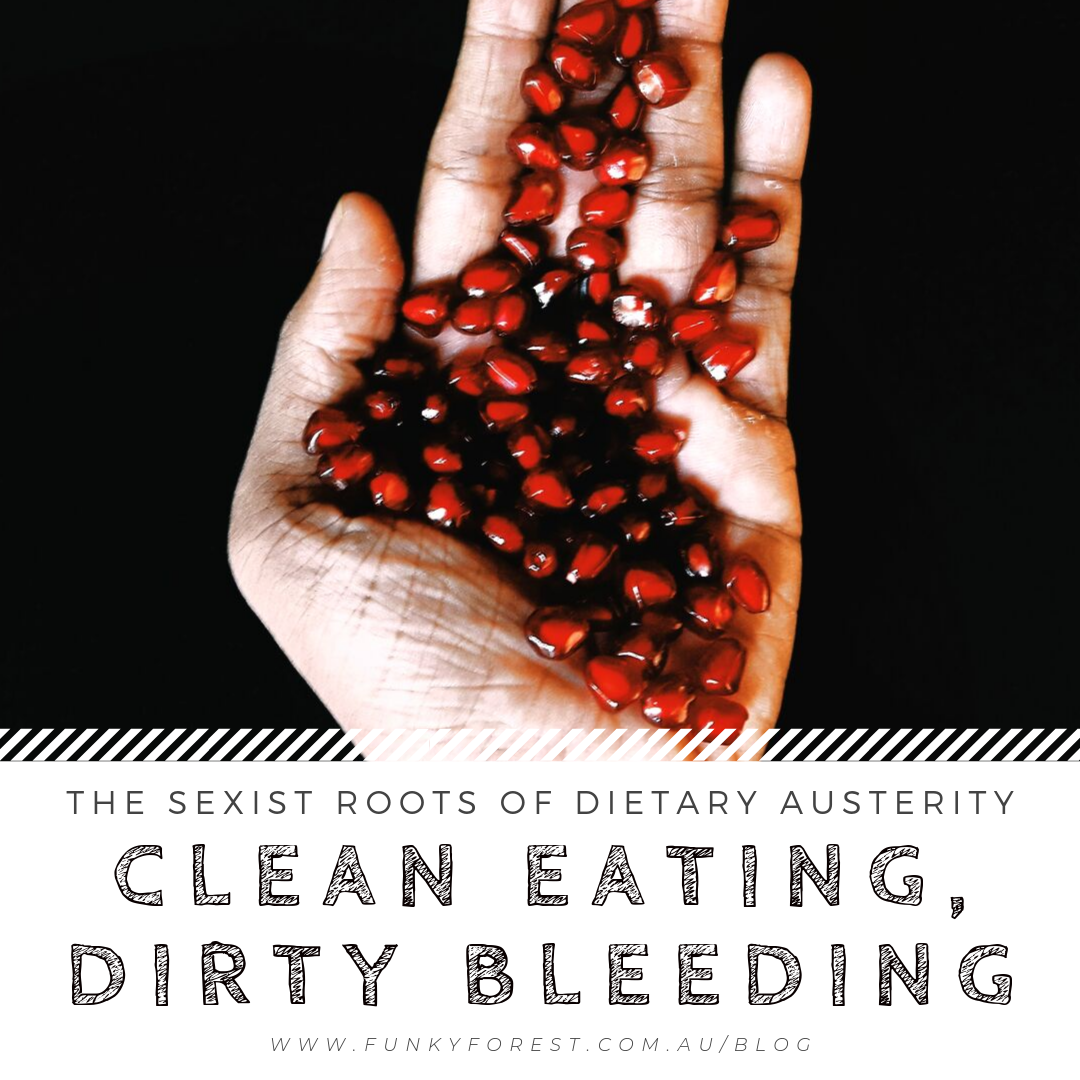
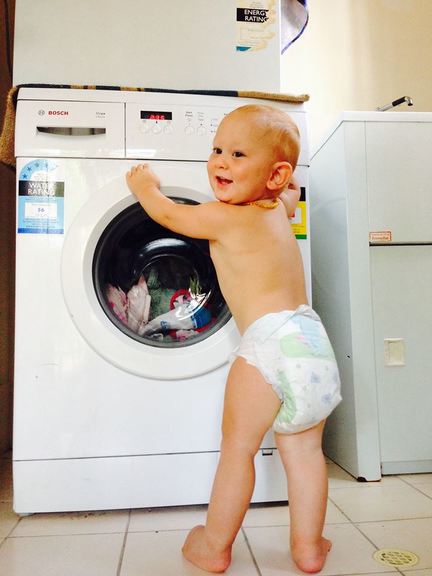
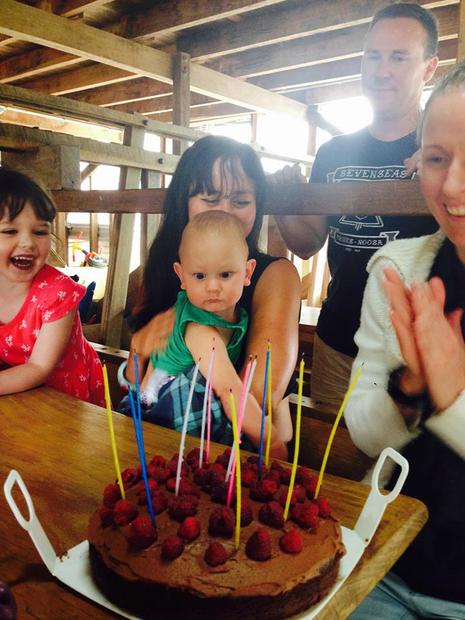
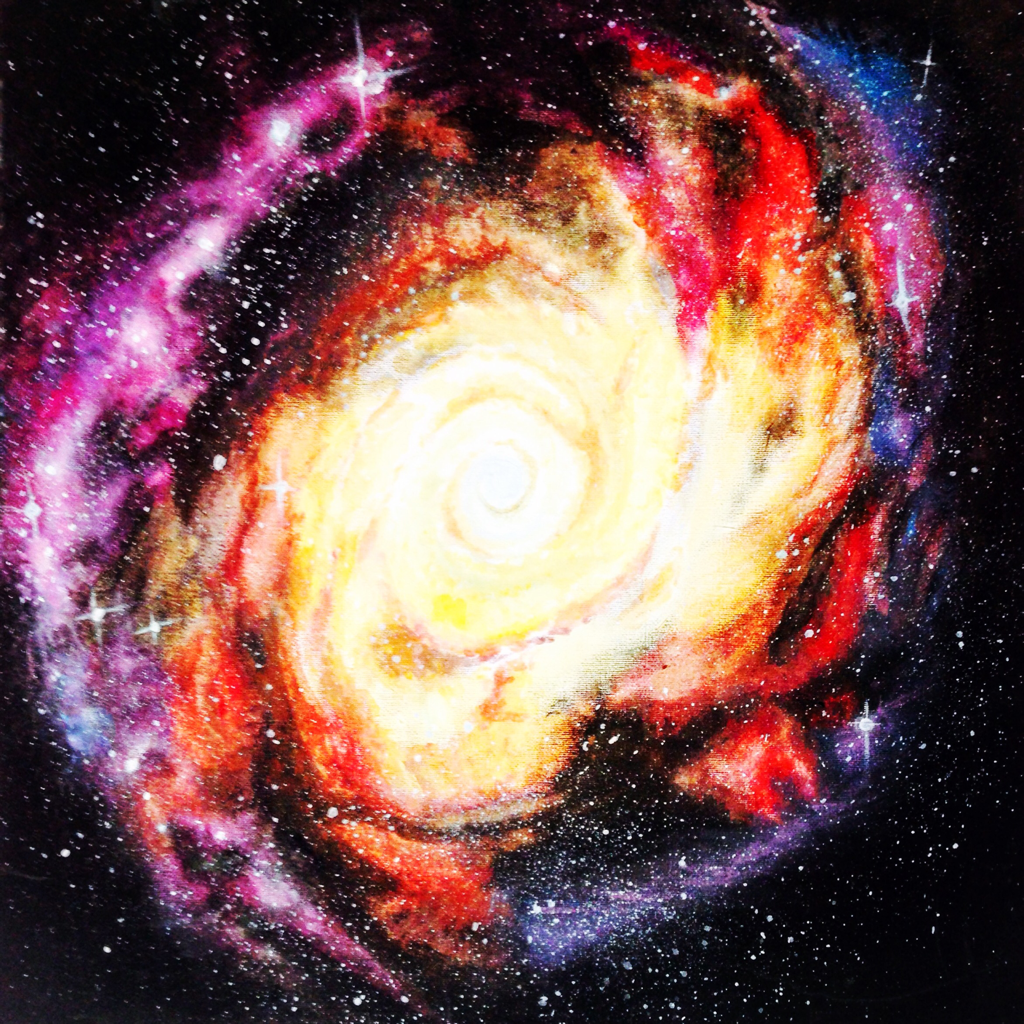

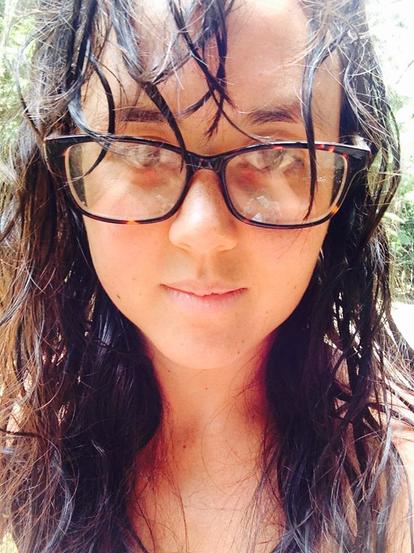

































 RSS Feed
RSS Feed



